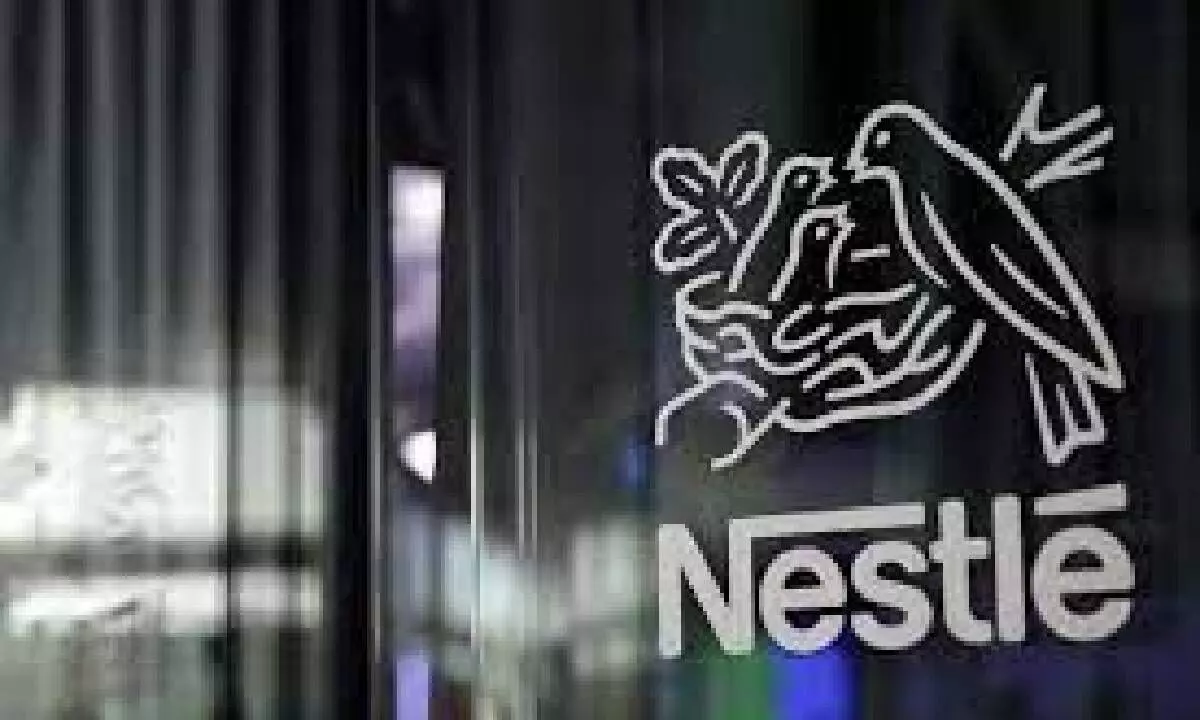From Maggi to Cerelac; a dive into Nestle's ongoing challenges
Nestle, a global giant in consumer goods, finds itself embroiled in yet another controversy, this time concerning the sugar content in its baby food products sold in India.
image for illustrative purpose

Nestle, a global giant in consumer goods, finds itself embroiled in yet another controversy, this time concerning the sugar content in its baby food products sold in India.
A study conducted by the Swiss investigative organization, Public Eye, revealed that Nestle's Cerelac and Nido baby products in India contain nearly 3 grams of sugar per serving.
Nestle India responded, claiming to have reduced sugars in baby food products by up to 30% over the past five years. The company emphasized its commitment to using high-quality ingredients and maintaining nutritional standards.
This issue is just one in a series of controversies that have plagued Nestle over the years. In 2021, the company faced backlash after reports revealed that a significant portion of its mainstream food and beverage range did not meet recognized health standards. Nestle acknowledged this and pledged to update its nutrition and health strategy, aiming to align its products with nutritional requirements.
The infamous 2015 Maggi noodles ban is another significant stain on Nestle's track record. Following the discovery of excess lead and MSG, Maggi noodles were withdrawn and destroyed, leading to substantial market share and revenue losses for Nestle India.
Nestle has also faced allegations of discouraging breastfeeding in the past, leading to boycotts of its products in the United States and Europe until the company agreed to adhere to an international marketing code endorsed by the WHO in 1984.
Additionally, Nestle has encountered legal challenges over allegations of child labor in cocoa farms in the Ivory Coast. While some cases were dismissed due to lack of evidence, concerns persist regarding Nestle's environmental impact, particularly regarding plastic waste management and groundwater exploitation in countries like Pakistan.
As Nestle navigates these controversies, it remains under scrutiny, emphasizing the need for the company to prioritize transparency, ethical practices, and public health concerns in its operations.

